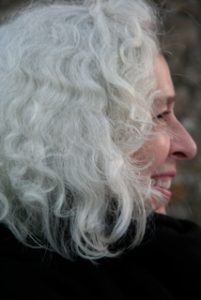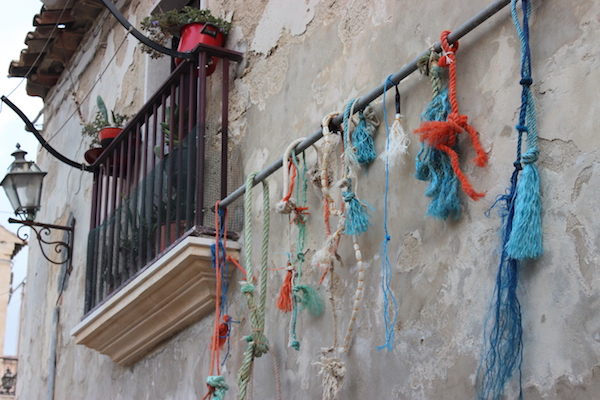Goodbye to B. B. King
I had been dreading the day for years; for decades I had worried about his diabetes and his weight, and I used to think his fans should get together and hire someone to make him take better care of himself, but after all he was eighty-nine when I read he was in the hospital, yet it was still a shock when I turned on the computer and saw that he had died, and I remembered the first time I saw him, at the Venetian Room in San Francisco. I don’t remember who I was with or what I was wearing, but B.B. was wearing a very large black tuxedo and sitting on a stool on the stage with Lucille in that beautiful dark, smoky room full of tiny tables, the walls lined with murals of Venice, the sea stretching away from the vast space of St. Mark’s Square and unseen angels in the sky above the floating islands, and B.B. was on his stool, large and howling and growling and keening and moaning, his face gleaming with sweat, his eyes squeezed closed and his mouth twisting and his head moving from side to side and his hands stroking Lucille.
He was in his prime then, in the seventies, and we were young, everyone sleeping with everyone else and looking for love, and starting to think that we might not get what we wanted and that some things might turn out badly, and B.B. was singing about the pain of looking for love and the joy of finding love and the pain of losing it and being done wrong, and how it’s okay if you can somehow still sing about it, his powerful voice piercing us in the darkness.
And when I heard he was gone, I remembered how one day, listening again to the song, I wondered which was sadder: that the thrill was really gone or that the singer was just saying it was, and I asked my last lover, who did not love me, whether he thought the singer was telling the truth when he said the thrill was gone or if he was just saying that to the one who didn’t love him, and he said “I don’t know.”
—Carolyn Miller

Carolyn Miller is a poet and freelance writer living in San Francisco. Her most recent book of poetry is Route 66 and Its Sorrows (Terrapin Books, 2017). Two earlier books, Light, Moving (2009) and After Cocteau (2002), were published by Sixteen Rivers Press. Her work has appeared in The Gettysburg Review, The Southern Review, The Missouri Review, The Georgia Review, and Prairie Schooner, among many other journals, and her awards include the James Boatwright III Prize for Poetry from Shenandoah and the Rainmaker Award from Zone 3.
Featured image: Photo by Melina Piccolo.





















































